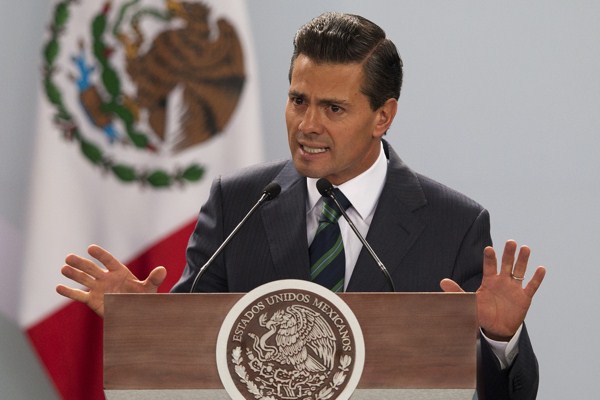As part of its historic overhaul of Mexico’s energy sector, President Enrique Pena Nieto’s government has touted the potential for unprecedented levels of oil, gas and renewable energy investment. Yet Mexico should heed the lessons from other countries in Latin America about the need to engage indigenous communities as it develops and expands its energy sector. Across the region, when that has not happened, ensuing social conflict has disrupted the economy and often irrevocably damaged the relationship among communities, the government and the private sector. In Mexico, a failure to learn from others’ mistakes could put Pena Nieto’s ambitious economic goals, based on energy development, at risk.
While not garnering the international attention of the decades-long indigenous opposition to the Belo Monte dam in Brazil or the recent deadly protests against the Tia Maria copper mine in Peru, Mexico has had some experience with industrial projects sparking social conflict with indigenous groups. The Cerro de Oro dam in Oaxaca remains highly contested after an indigenous Chinanteco community of 26,000 was displaced by the project. More recently, human rights advocates in Tlaxcala have spoken out against the Morales pipeline, which will transport natural gas across Morales, Puebla and Tlaxcala.
Community engagement on extractive and infrastructure development projects has become a mantra in South America, in particular Colombia and Peru, where indigenous legal challenges and protests, sometimes met with violence, have delayed and halted projects, costing millions of dollars and, worse, dozens of lives. Mexico’s record on such matters might pale next to other Latin American countries like Peru, which registered 155 active conflicts related to mining and energy projects in March, of which 115, or 74 percent, were driven by socio-environmental concerns. But that could change with energy reforms opening Mexico’s oil and gas sector for the first time in 75 years. An injection of private investment and the resulting potential for rapid industrial expansion make monitoring new projects for their impacts on indigenous communities even more urgent.

